Building a supportive and nurturing relationship with our partner can help us create a stable base that makes us more independent and enables us to pursue our dreams. This is the dependency paradox.
Every relationship involves some level of dependency. But in a relationship built of dependency entirely, a chronic sense of anxiety begins to creep in.
Read: Signs of Codependency in Relationships
Our partners powerfully affect our ability to thrive in life. They influence how we feel about ourselves, what we believe we are capable of, and they ultimately impact our attempts to achieve our dreams.
Even Mr. Self-Actualization (Abraham Maslow) himself argued that without bonds of love and affection with others, we cannot go on to achieve our full potential as human beings.
A relationship built of dependency
Once we choose a partner, there is no question about whether dependency exists or not. It always does.
Countless studies show that once we become intimately attached to another human being, the two of us form one physiological being.
Our partner regulates our blood pressure, heart rate, breathing, and the level of hormones in our blood. The emphasis on independence in adult relationships does not hold water from a biological perspective.
I want you to meet Jake.
Over the past seven years, Jake has busted his ass learning the ins and outs of the Financial Advisor Business in hopes of eventually opening up his firm.
Jake and Jessica
Three years ago, Jake started dating Jessica. They got along really well, but she told him opening up his own firm wouldn’t be worth it and he should just stick out working for his terrible boss until he had enough to retire. Jake was in love with Jessica but didn’t feel his dreams were supported by her.
In every city, all across the world, individuals have their own personal life-changing aspirations. They can range from losing weight to starting a business to traveling the world. But when they’re not supported by the people they care about most, they are prevented from doing the very things that make them feel worthy of their dreams.
When a partner is supportive, we are more willing to explore and our self-esteem and confidence get a boost, which allows us to go after our deepest desires. This not only improves the quality of our lives but also deepens and enhances our satisfaction within the relationship and our physical health.
But as many of us know, sometimes our exploration leads to failure, rejection, and painful experiences. When these bad events happen, our biological programming creates anxiety that leads us to seek proximity (physically and/or psychologically) with the person we love.
If they are supportive during this stage our stress will go down and we cope with our problems faster, which ultimately leads us to overcome the problem and continuing to go after our deepest desires.
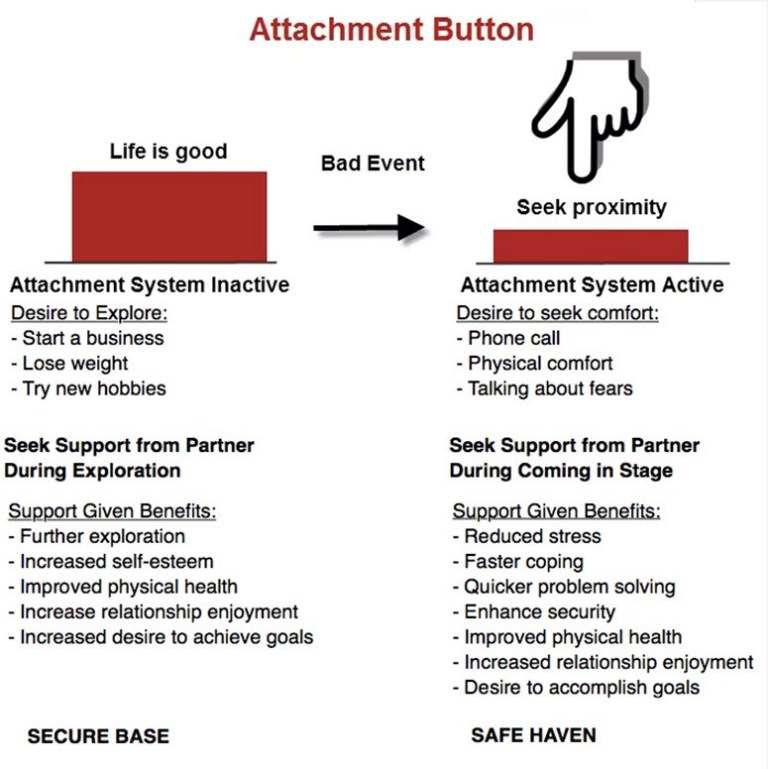
Let’s see how this plays out with Jake.
After three years of dating Jessica, Jake tells her he is going to start his business with or without her. She has extreme difficulty with this and leaves Jake.
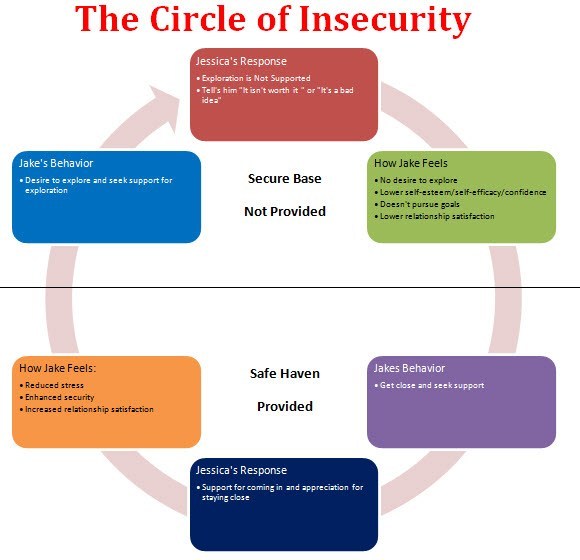
Jake and Amy
Fortunately for Jake, he ends up meeting Amy two months later.
Amy thinks that Jake starting his own Financial Advising Firm is a fantastic idea. He can work his own hours, pick his clients, and make as much as he is willing to work. Jake is stoked. He has finally found the romantic support for his life dream. He starts his business and kicks ass for the first six months.
Then one of his high net worth clients, 37% of Jake’s business, transfer his funds to another Financial Advisory Firm. Jake is stressed and filled with self-doubt. That night he goes over to Amy’s house and tells her the news.
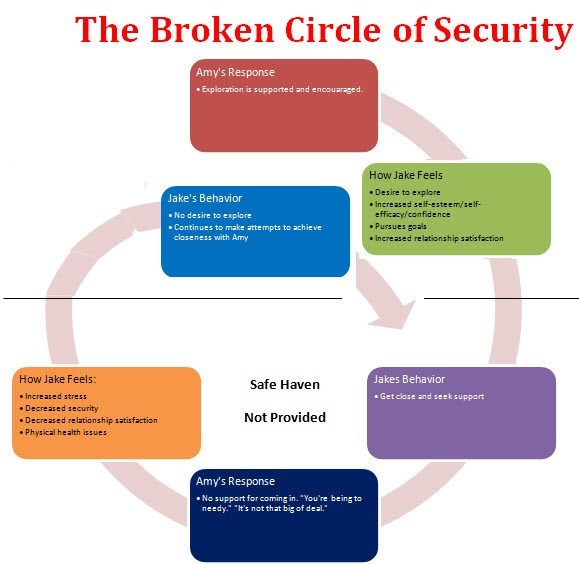
To his dismay, she isn’t comforting. She brushes off his stress and doubts about his future as a Financial Advisor. Over the following two weeks, Jake tries to get the support he desperately needs from Amy to help him bounce back from this, but she doesn’t budge and finds it silly that he even needs comforting.
Jake ends up coping himself with alcohol to handle his stress and uncertainty. Eventually his dissatisfaction with Amy, due to the lack of intimacy and comfort, causes Jake to end things.
Jake ends up taking a trip to see his best friend. Through some talking and separation from work, Jake gains some resilience. When he returns to work, he works even harder to build up his client base and deepen his relationships with the clients he already has.
Through one of Jake’s leads, Jake ends up meeting a daughter of a retired gentleman.
Jake and Debra
She’s very cuddly, warm, and nurturing – all the things that were lacking in Amy. Debra is really supportive of Jake in his business efforts as well. In fact, she offers to help with Jake’s marketing. The first two months of help are perfect; Jake’s business is growing and his relationship with Debra was deepening.
But in month three, Debra started to take control of Jake’s marketing plans and started telling him how to run his business.
Jake did appreciate the help, but eventually, Debra’s intrusive behavior caused Jake to view her and their relationship in a bad light. He felt that she limited his ideas and was trying to make the business hers. Over time, he began to resent her.
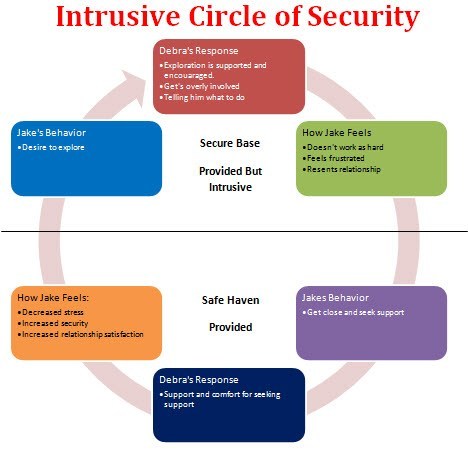
Six months into the relationship, he calls things off.
Read: Codependency Addiction: Stages of Disease and Recovery
Jake and Sammy
Within two weeks Jake meets Sammy in a supermarket. She is sensitive and responsive when things in Jake’s business aren’t going well. She is encouraging, not intrusive or hostile when Jake told her his ambitions and ideas.
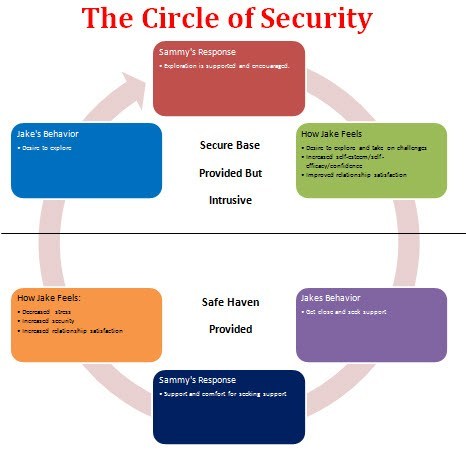
Not all individuals are equally willing and able to take the risk to live the life they want or ask for the support they need to do so. Not all romantic partners are equally skilled and motivated to provide a secure base to help one explore, or a safe haven when things go wrong. Moreover, existing beliefs and expectations that partners bring into the relationships may become self-fulfilling prophecies in the relationships.
Click here to learn more about existing beliefs and expectations and the strange way your childhood shapes your romantic relationships as an adult.
Attachment needs
It’s easy to see that when Jake was unable to get his basic attachment needs met, he experienced a chronic sense of anxiety – just like the rest of us do. Not only do our emotions become a cocktail made in hell when our romantic partner doesn’t support us, but our physical health does as well.
Some of us gain weight. Some of us drink more alcohol or stuff our faces in a bathtub of chocolate and peanut butter. Having a partner who is inconsistently supportive can be a debilitating experience that can literally stunt our growth and ruin our health.
Ironically, when someone fulfills our intrinsic attachment needs and is comfortable acting as a secure base and safe haven, we not only become more resilient but also physically healthier and live longer.
In fact, Jake’s business and his relationship with Sammy are thriving today. They have their ups and downs like all of us, but their unconditional love and support for each other is the bedrock of their success.
The paradox of love
Our partners not only profoundly affect our relationships; they profoundly affect the way we feel about ourselves. Being dependent on your partner doesn’t mean you have to sew your bodies together centipede-style and give up on other aspects of your career, passions, or friends. Paradoxically, the opposite is true.
The ability to create a massive impact in the world outside our relationships often stems from the knowledge that there is someone beside us whom we can count on in both the good and bad times.
If you want to transform conflict into the material to build a stronger and more connected relationship then read Kyle Benson’s conflict blueprints here.
1. This counterintuitive discovery was made in an experiment designed by the mother of attachment theory, Mary Ainsworth. In the “strange situation” experiment, Mary noticed that a child’s exploratory drive – their ability to play and learn – could be either aroused or stifled by their mother’s presence or departure.
Having someone’s presence to seek out in the case of a threatening situation is known as a secure base. It is the comfort that you have someone you can depend on and who is supportive in times of need. A secure base is a prerequisite for a child’s ability to explore, develop, and learn.
Once something bad happens, the secure base becomes a safe haven to reduce stress in the case of a bad event, which ultimately supports exploration after the stress is gone. This programming doesn’t change too much in adulthood either. – Ainsworth, M. D. & Bell, S. M. (1970), Attachment, exploration, and separation: Illustrated by the behavior of one-year-olds in a strange situation. Child Development, 41:49-67
2. Book: Attached: The New Science of Adult Attachement and How it Can Help You Find – and Keep- Love by Amir Levine
3. Our beliefs cultivated from our unique life experiences form the expectations of what we fear may happen. Jessica left Jake because her prior husband left her shortly after he became a major success in the consulting business. She never communicated this with Jake, and her invulnerability destroyed the very support Jake needed. It kept her from opening up her fears so they could come together as a couple and overcome them.
Read: Codependent Relationships: Takers and Caretakers
4. Amy is an Avoidant according to Attachment Theory Avoidant individuals are likely to give and receive less availability from their spouses because they communicate a lack of a need or desire for it. In fact, Avoidant individuals admit that they use exploration activities such as work to avoid social interactions.
Both insecure strategies (Avoidant and Anxious), confirm their beliefs about how relationship partners are expected to behave. This behavior forms a self-fulfilling prophecy that is likely to play a role in perpetuating these expectations.
5. Our partners are not the only person who affects our emotional states. Any person in our inner circle influences our emotional states, our desires to achieve our goals and offer support during hardships.
6. Intrusive behavior: “when spouses interfere during an exploration activity – partners performed more poorly, persisted less at the activity, expressed less enthusiasm for the activity and expressed greater negativity/hostility toward the spouse.” Citation: Feeney, B. C., & Thrush, R. L. (2010). Relationship influences on exploration in adulthood: The characteristics and function of a secure base. Journal Of Personality And Social Psychology,98(1), 57-76.
7. Adults are secure bases for their romantic partners when they 1) encourage their partner to accept challenges, 2) show interest in personal goals, plans, and dreams, 3) don’t interfere or intrude in the partner’s explorations 4) support their partner’s goals, and 5) balance an acceptance of the partner’s need for self-growth, along with the availability of emotional and physical comfort in times of need.
8. The Circle of Security is an Attachment Theory Concept that I found in this Case Study: Feeney, B. C. (2004). A Secure Base: Responsive Support of Goal Strivings and Exploration in Adult Intimate Relationships. Journal Of Personality And Social Psychology, 87(5), 631-648.
Written by Kyle Benson
Originally appeared in Kyle Benson
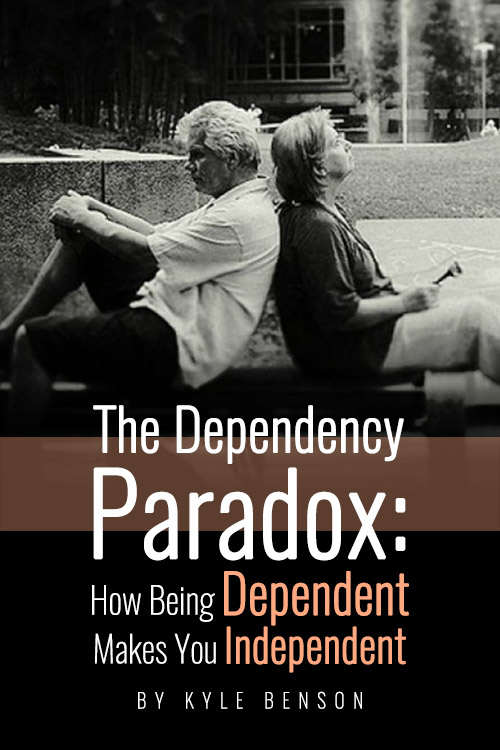
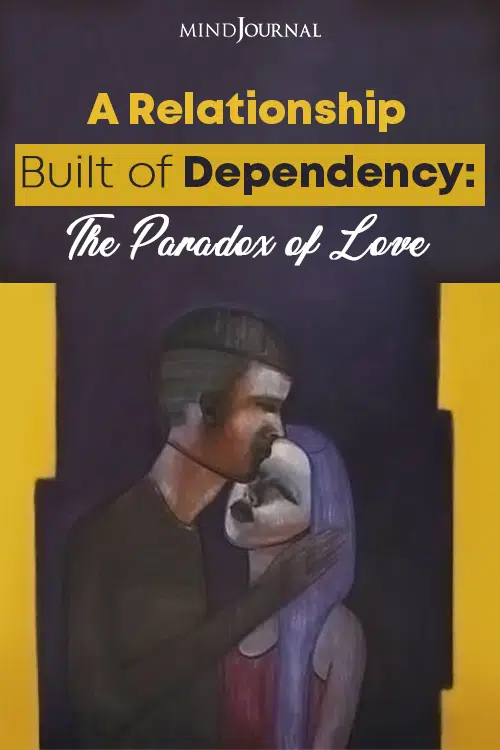
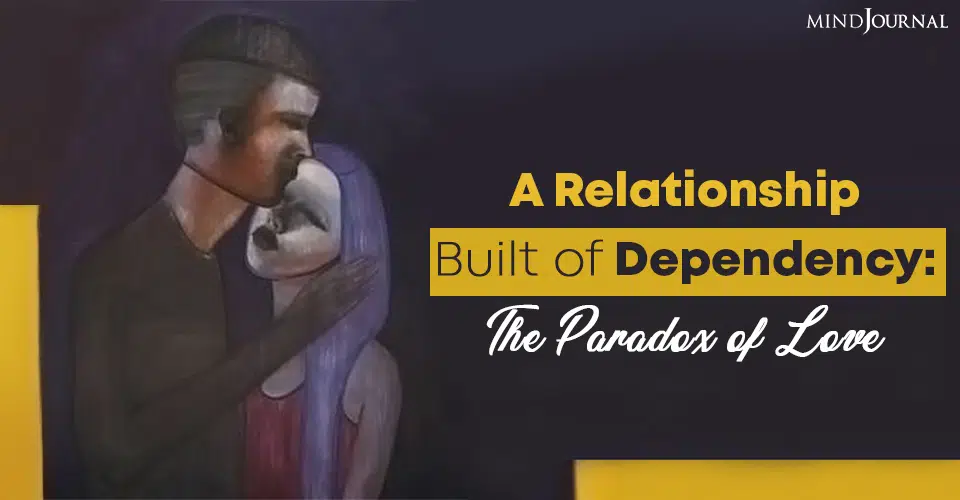
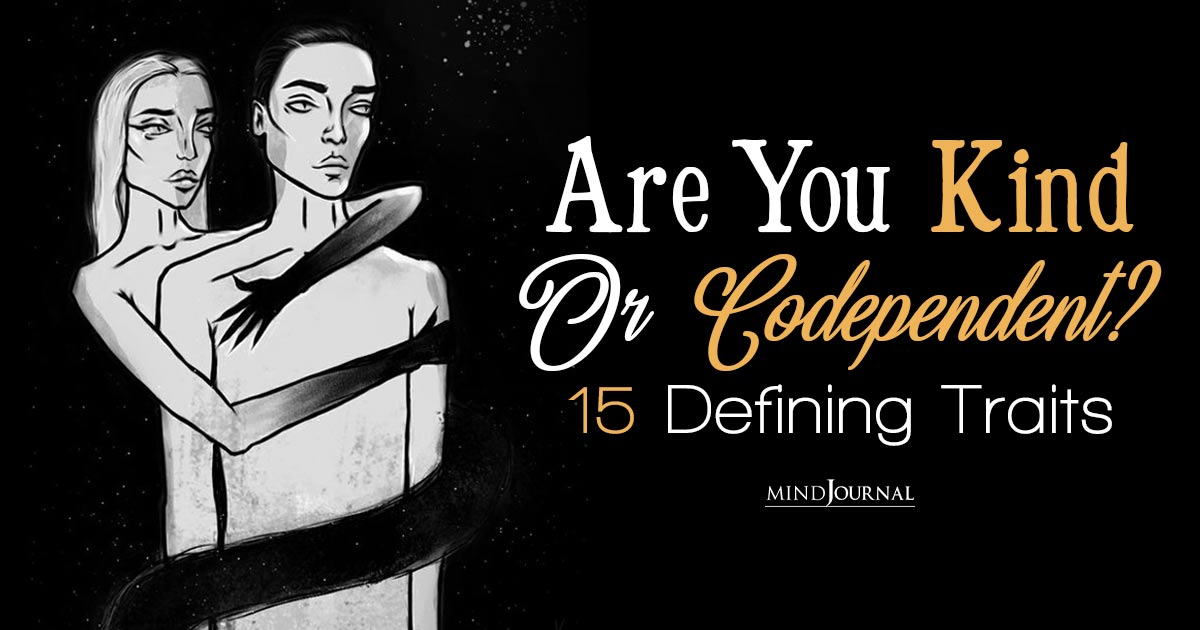
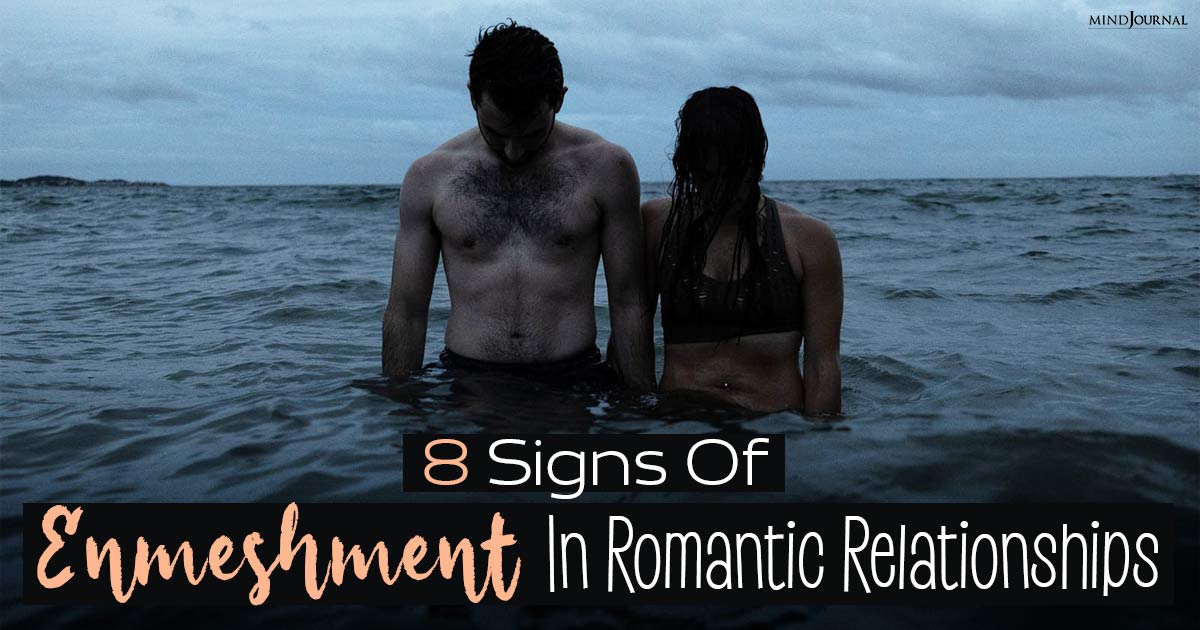
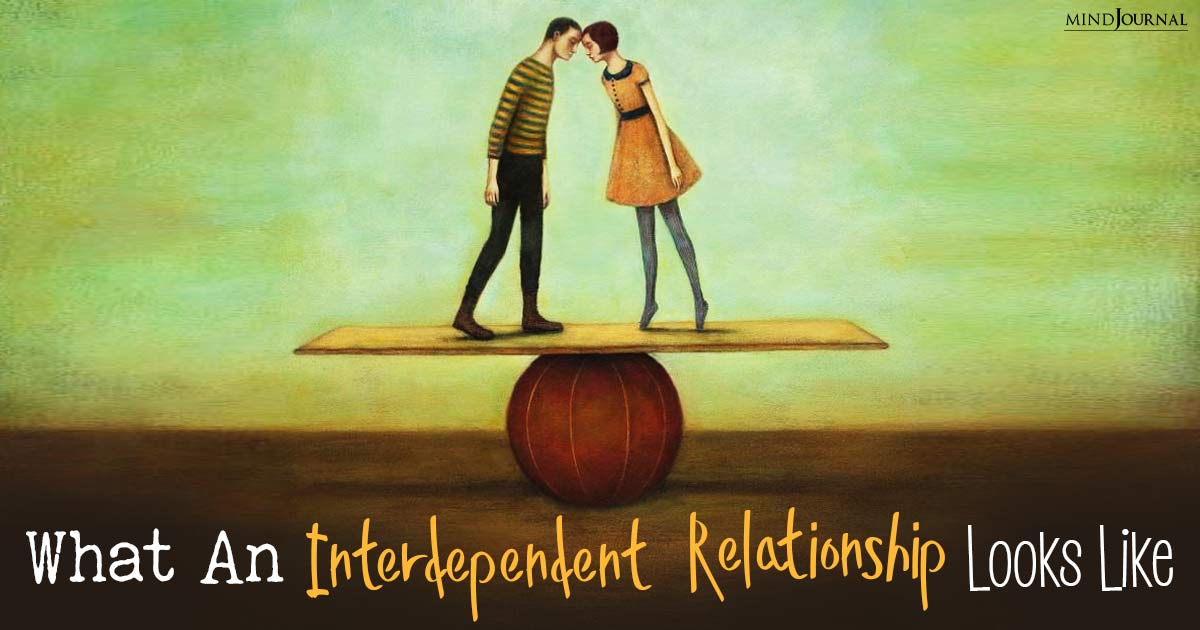
Leave a Reply
You must be logged in to post a comment.